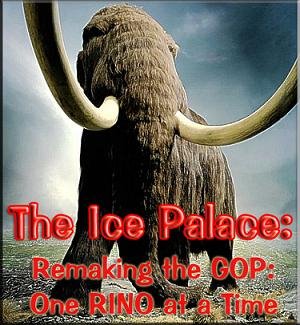Wrong now, Wrong then...
It was a different lie--one delivered on national news, and at the expense of children--that caused Rather trouble at the time. As reporters from around the world descended on the Texas city, Rather went on the air with a local Methodist minister who made a stunning claim: Children at Dallas's University Park Elementary School had cheered when told of the president's death.
It turned out that due to the assassination of the President, the principal of the school had thought it best to let students out early (though the principal apparently also thought it best not to tell them why). The cheering of the students was in actuality a response to being let out early; they had no idea what had happened. In response to Rather's impending interview with the minister, Barker reportedly informed Rather that there was nothing to the minister's story, and that it would be best not to run with it. Rather agreed. But....Barker relates:
The tale was perfect for the moment, reinforcing the notion among distant media elites that Dallas was a reactionary "City of Hate." It slyly played to a local audience, too: The school named was in upper-income University Park, one of two adjacent municipal enclaves that shared a school district and a reputation for fiercely protected, lily-white privilege. Finally, for the ambitious Rather--a native Texan and then a Dallas resident--the account represented the very sort of revealing, local dirt that the throngs of out-of-town competitors would have to work far harder to get.
Except that it wasn't true, and Rather knew it, Barker says.
Perhaps not surprisingly, you won't find that story highlighted in this glowing biography of Dan Rather. What you will find is this:"Rather came to me, and I said, 'My kids are in school there, and I checked it out, and there's not a darn thing to it,'" says Barker. "He said, 'Well, great--I'll just forget it.' But instead of forgetting it, he went out and did this gut job on Dallas and its conservatism," with the preacher's story at the center of his report.
With the discredited account likely to be challenged by the local affiliate's editors before being fed to New York, Rather sidestepped a customary film-editing session with Barker and arranged to file the report live instead, Barker says. "And so here's Dan with the preacher, telling this story about kids at UP cheering when told the president was dead."
As the CBS correspondent in Dallas during the assassination of President Kennedy, his grave but steady demeanor helped to reassure a nation in crisis, and his thorough professionalism won him a national reputation.
BTW, on his biography site, Rather highlights one book as recommended reading: The Holy Bible. Perhaps Mr. Rather would've done well to have done some brushing up on the part that reads, "Thou shalt not bear false witness."















|